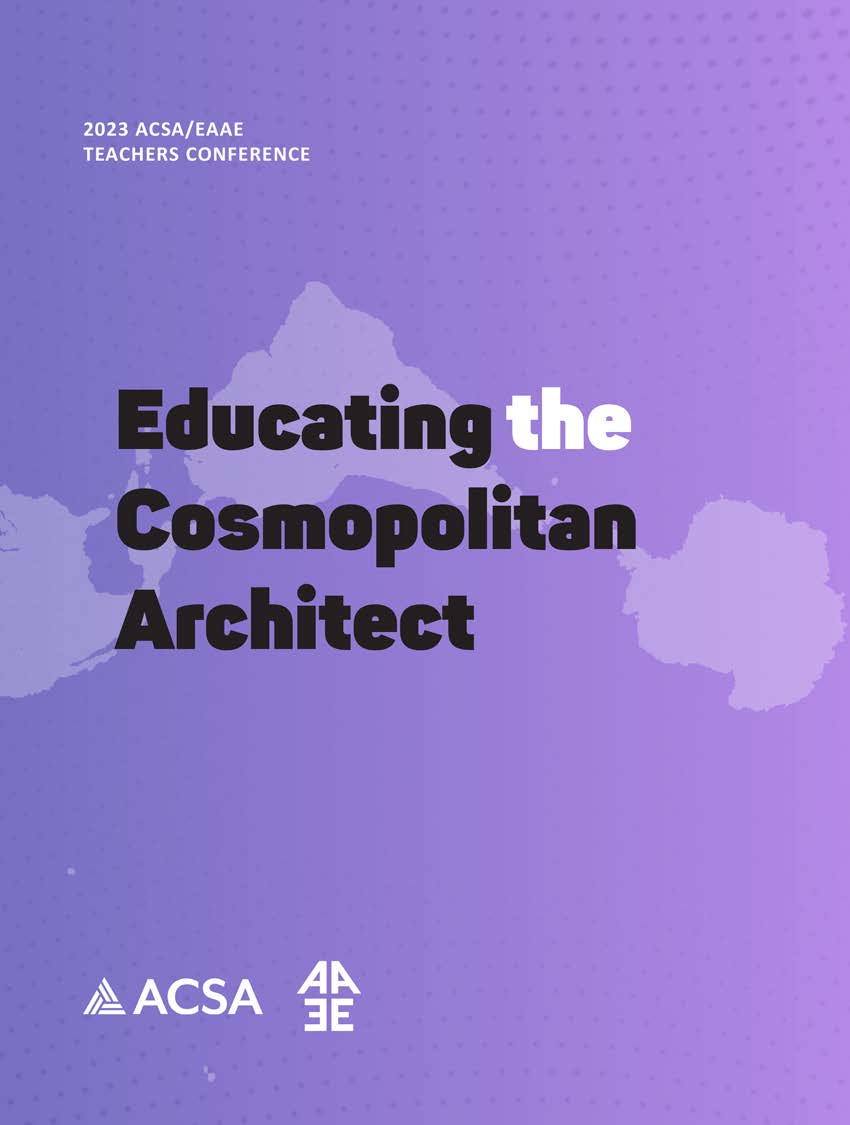Author(s): Julia McMorrough
With the conviction that architecture, as a practice and a pedagogy, is equipped to navigate and accommodate emerging issues in a capacity that transcends the perception of limitation, and that architectural education is fertile ground for experimentation outside the pressures of practice, ‘Access Unlimited’ is an ongoing pedagogical, design, and research project focused on methods of engaging architecture students in re-thinking defaults in accessible design. This work endeavors to make barrier-free design, the understanding of disability, and the topic of accessibility, in a word, accessible. Issues of accessibility can be physical, social, legal, spatial, perceptible, and imperceptible, and to be accessible means a lot of things (especially about being approachable, able to be reached, or friendly and easy to talk to). A significant challenge of making the world more accessible to those with disabilities involves making the topic of accessibility not only more easily understood, but even more inviting, toward productive possibility. Selwyn Goldsmith’s 1967 Designing for the Disabled: A New Paradigm identified the built environment as complicit in the creation and promotion of disabling situations, by pointing out that it is the architecture that must make accommodations, not the disabled user’s body. However, 56 years after Goldsmith’s critique, architecture continues to struggle with a delayed reaction to accommodation. Despite progress in the form of the Americans with Disabilities Act (ADA), it remains common for architects and students of architecture to approach accommodation as an unwelcome afterthought to a design, making it challenging to recognize opportunity instead of constraint.
https://doi.org/10.35483/ACSA.Teach.2023.7
Volume Editors
Massimo Santanicchia
ISBN
978-1-944214-44-9

 Study Architecture
Study Architecture  ProPEL
ProPEL 
